With a wide selection of courses covering diverse methodologies, participants can refresh, deepen, and expand their analytical toolkit. Five experts from FORS will be teaching three courses at this year’s Summer School.
Daniel Oesch & Oliver Lipps will present the following topic: “Occupational earning potential: A new measure of social hierarchy in Europe and the US.”
Past events
Do you have questions about managing and sharing your social science research data? We’ve got answers. Every second Thursday of the month from 13:00 to 14:00 online.
The SHP & TREE (Transitions from Education to Employment) host this conference to be held at the University of Lausanne on June 4-5, 2025.
FORS and the Swiss National Data and Service Center for the Humanities DaSCH have launched a new series of free online data management webinars for researchers in the humanities and social sciences. The third online webinar will be on “Authority data, standards and metadata”.
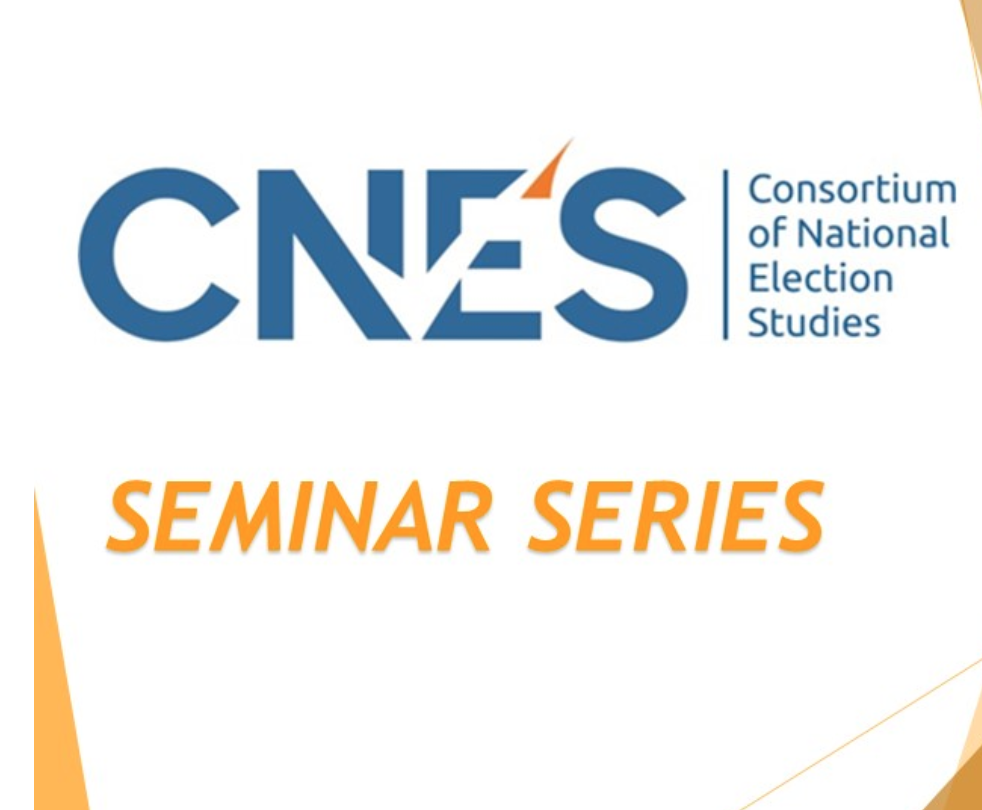
The CNES Seminar Series casts a spotlight on different National Election Studies that share their experiences in designing and conducting election studies. Free online event.
Elie Michel and Lukas Lauener will present their research at this FORS Lunch Seminar.
FORS is contributing to this year’s Love Data Week with three free online presentations, focusing on open science, data sharing, and practical guidance for using SWISSUbase.
We welcome Joshua Yang from ETH Zurich.The title of his presentation is “LLM Voting: Human Choices and AI Collective Decision-Making”. The seminar will take place at Géopolis, room 5799, University of Lausanne from 12:15 to 13:30.
Elevate your research in today’s data-driven world by gaining critical skills in Research Data Management (RDM) and Open Science.
The Swiss Household Panel (SHP) workshop will take place in Lausanne from the 4th to the 7th of June 2024. Register until the 27th of May 2024.
In 15 Ateliers können sich Interessierte über den aktuellen Stand verschiedener Methoden informieren und Fragen sowie ihre eigenen Projekte mit Expertinnen und Experten diskutieren. Anmeldefrist: 26.05.2024
Für die Erhebung 2026/2027 suchen die ch-x eine Forscherin bzw. einen Forscher, die/der das Projekt auf der Grundlage eines von ihr/ihm entwickelten Konzeptes innerhalb der Vorgaben ch-x durchführt.
We are delighted to inform you about a series of dedicated sessions scheduled for the Love Data Week Switzerland. Join them online for free.
Professor Florian Keusch from the University of Mannheim will give a presentation on the Quality of Digital Behavioral Data.
Are you involved in the provision of data management support to social science researchers in Swiss research institutions? Then register for this free online workshop.
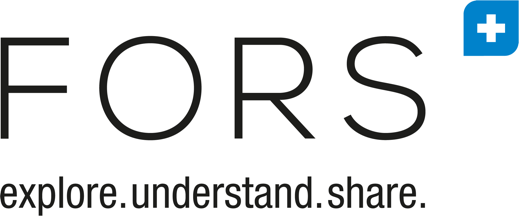
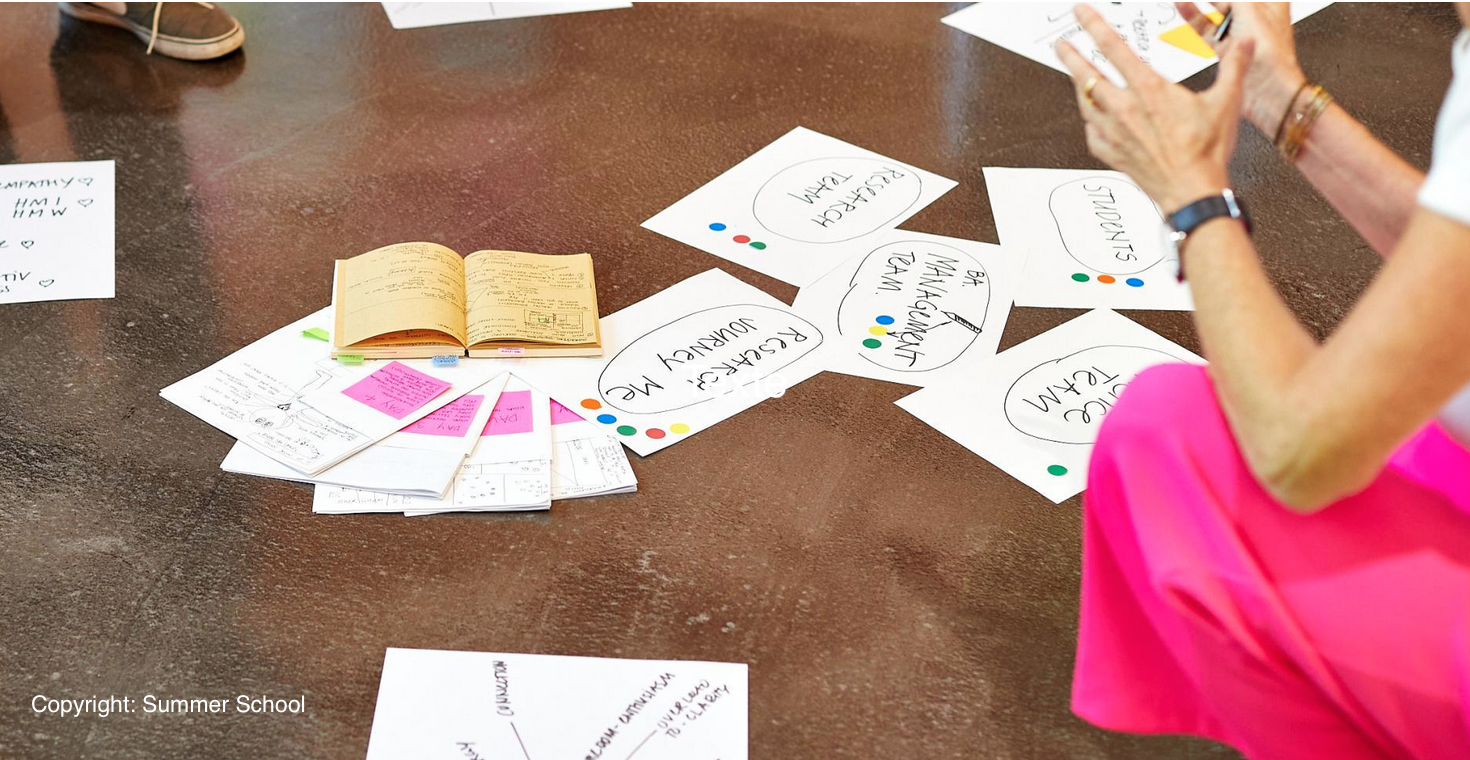







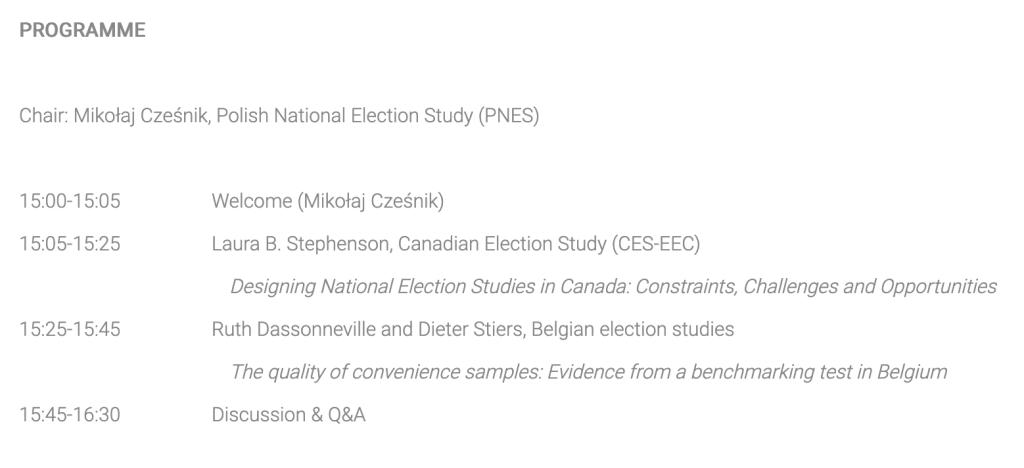



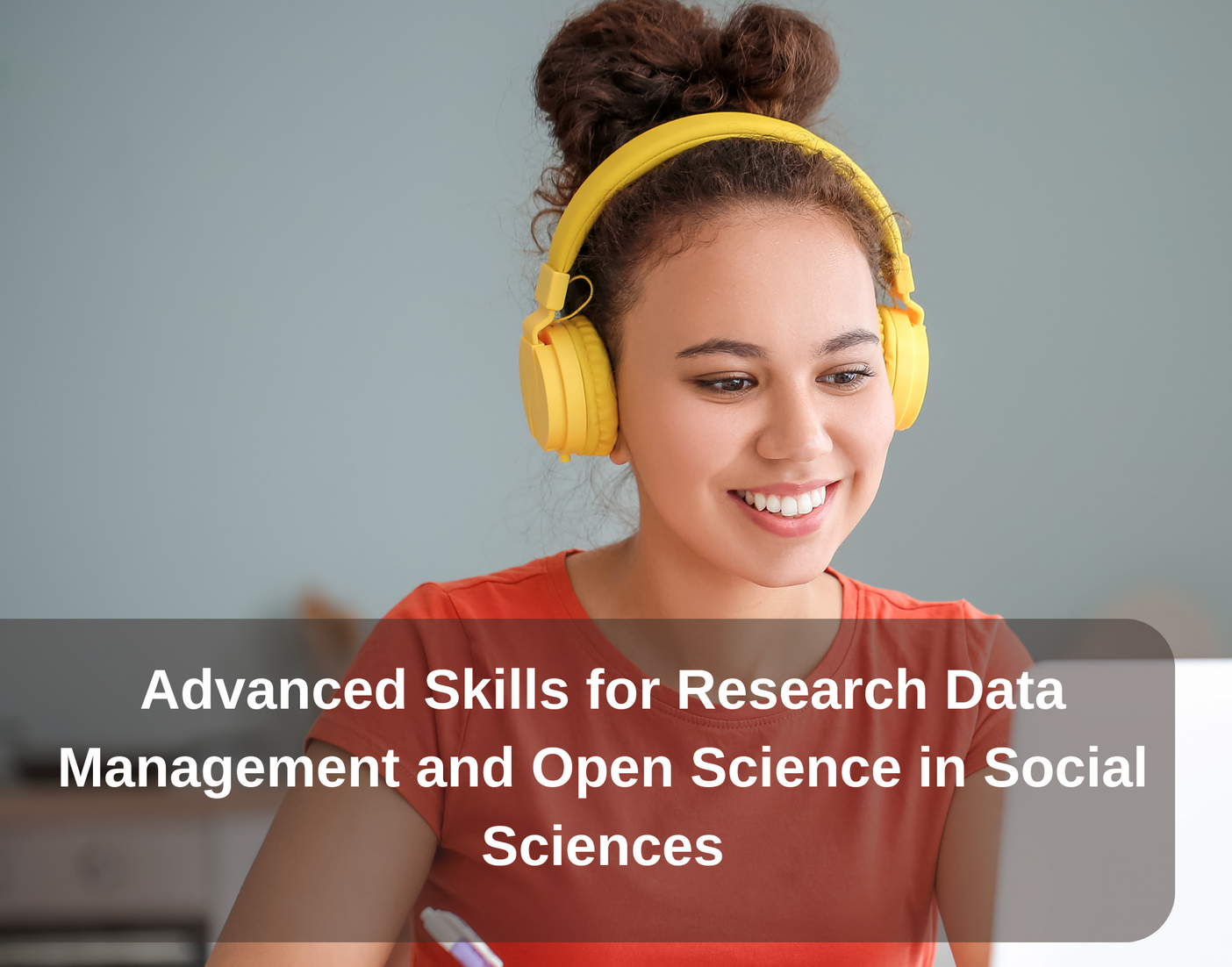


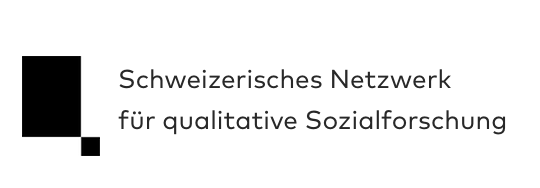




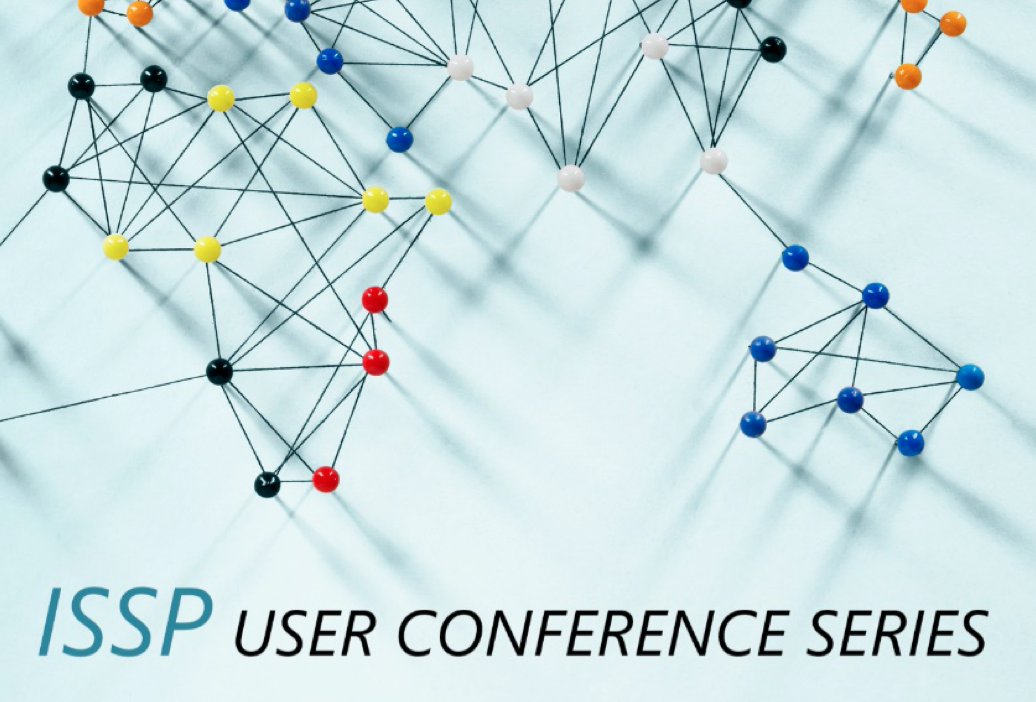


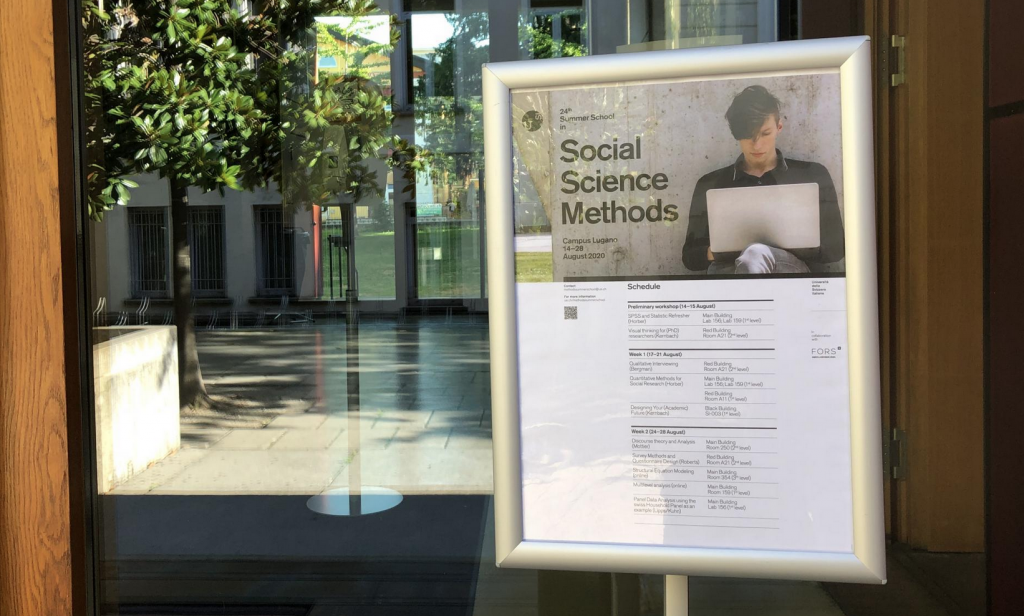




 Bâtiment Géopolis,
Bâtiment Géopolis, +41 (0)21 692 37 30
+41 (0)21 692 37 30

